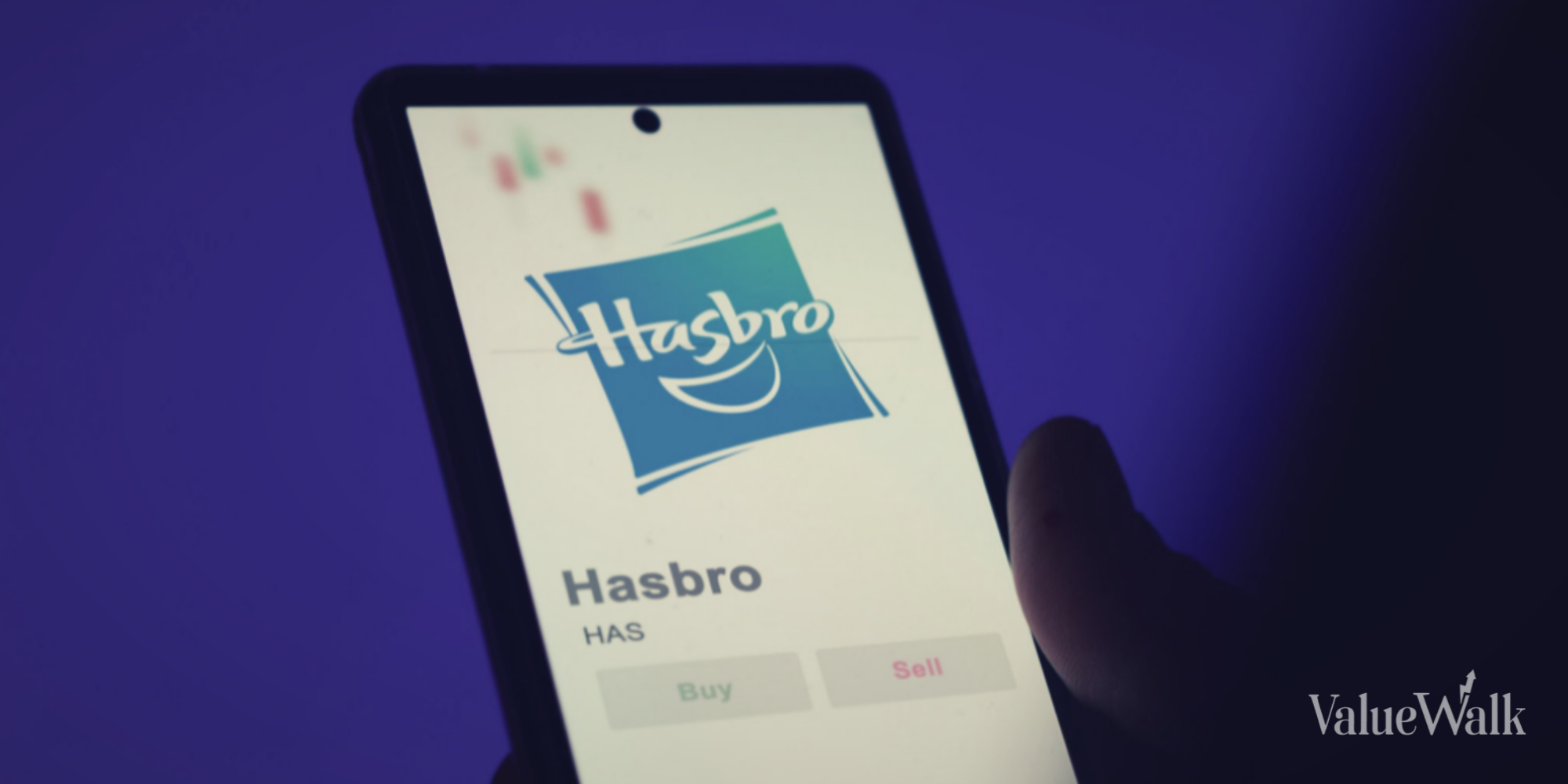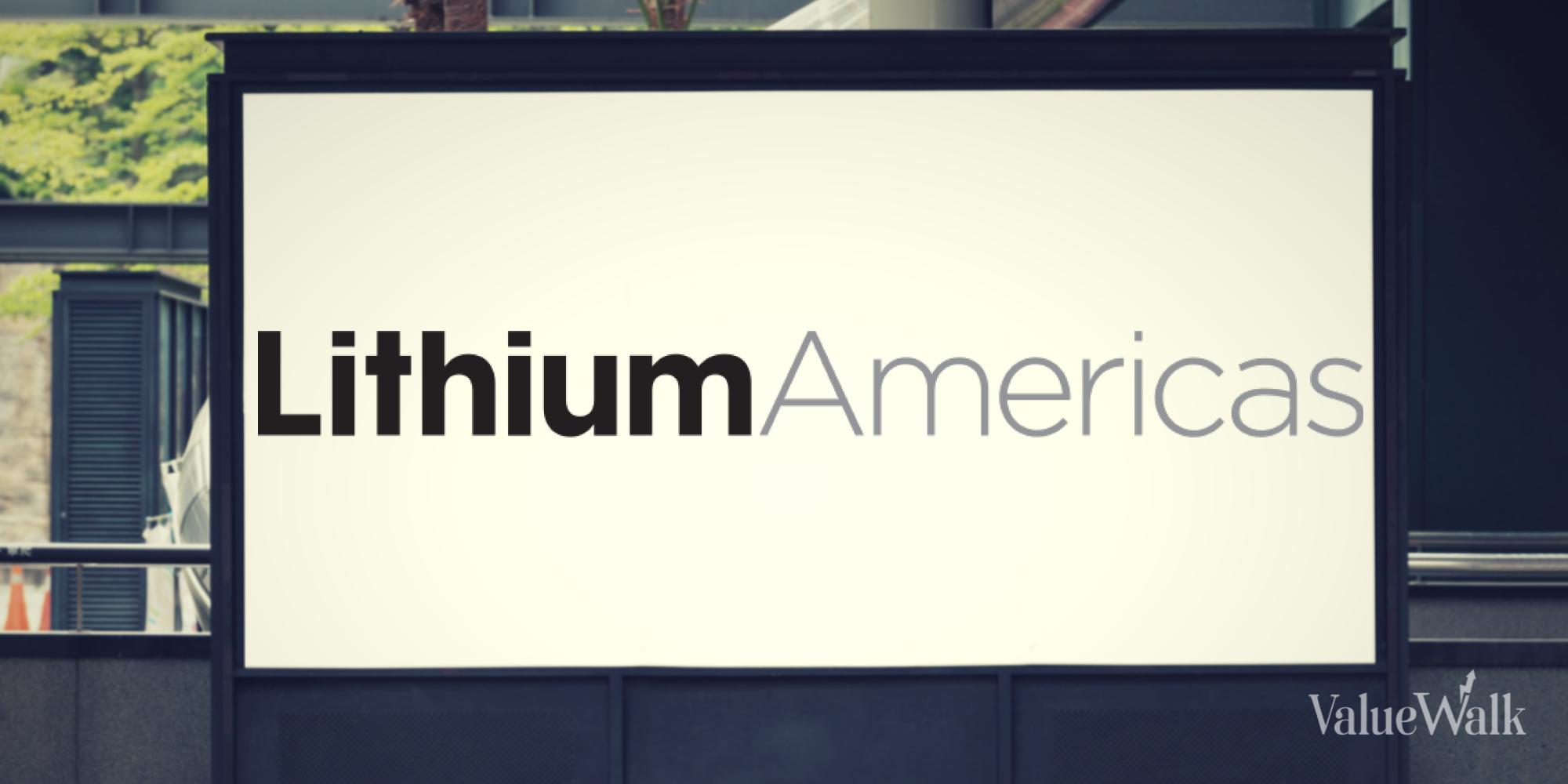Two of the most popular fintechs, PayPal (NASDAQ:PYPL) and Block (NYSE:SQ), posted quarterly earnings this week, and both of them beat earnings estimates.
These two stocks have had their fair share of ups and downs over the past few years, but each seems to be headed in the right direction based on recent trends and developments. Let’s examine how each did in the third quarter and see whether one is a better investment than the other.
PayPal
PayPal was among the first modern payment fintechs, as it went public in 2002 and was then acquired by eBay (NASDAQ:EBAY) to help its customers make purchases. eBay later spun off PayPal, and it became a separate publicly traded company in 2015. It shot up to over $290 per share in 2021 and plummeted to a 52-week low of just over $50 per share in October. Today, it’s up to about $56 per share, although it’s down 21% year to date (YTD).
However, this has been a year of change at PayPal, as the new CEO, Alex Chriss, started in September, and a new chief financial officer, Jamie Miller, is set to join next week. The new regime is taking over for Dan Schulman, who retired after leading PayPal to new heights but got bogged down with too many acquisitions and saw new competitors chip away at the company’s market share.
The stock got a bounce this week from the company’s solid third-quarter earnings. Among the key metrics, total payment volume (TPV) grew 15% year over year to $388 billion, revenue climbed 8% to $7.4 billion, and operating income increased 4% to $1.2 billion.
However, PayPal’s earnings per share fell 19% to 93 cents, weighed down by higher transaction costs and credit losses. The transaction take rate, which is how much it makes per transaction, fell 13 basis points to 1.72%.
The bump to PayPal’s stock price mostly came from the fact that its earnings per share (EPS) for the full year was adjusted upward. The company is now calling for a 21% increase in adjusted EPS to $4.98, up from the previous guidance of $4.95 per share and up from the FY 2022 number of $4.13 per share. It may have also stemmed from the strategic focus of the new CEO.
“We’re spread too thin, and we have an opportunity to focus the organization on what matters the most, on the most impactful opportunities to customers and to growing the business, and we’ll be looking at that over time,” Chriss said on the earnings call.
Block
Meanwhile, the payment provider Block has been about as volatile as PayPal since it went public in 2015 as Square. It has had an eerily similar trajectory to PayPal, surging to a high of over $280 per share in 2021, only to crash back down to its current $50 per share price. It is down about 20% YTD, roughly the same as PayPal.
Block also posted robust third-quarter earnings, with revenue up 24% to $5.6 billion and gross profit of $1.9 billion, up 21% year over year. However, higher operating expenses resulted in a net loss of $29 million in the quarter, which was more than the $15 million net loss in the third quarter of 2022.
Investors were likely more jazzed that Block raised its guidance for both the fourth quarter and the full fiscal year. For fiscal 2023, the company is calling for gross profit of between $7.44 billion and $7.46 billion, an increase of 24% year over year. Block raised its adjusted EBITDA guidance to a range of $1.66 billion to $1.68 billion, up from the previous guidance of $1.5 billion. It also raised its adjusted operating income to a range of $205 million to $225 million, up from the previous $25 million.
The outlook for 2024 is even more optimistic, as Block expects $2.4 billion in adjusted EBITDA, which would be up some 40% from 2023 projections, and adjusted operating income of $875 million, up by about 300% from expected 2023 levels.
“My focus going forward is threefold: our Square business, our ecosystem of ecosystems model, and our costs,” Block CEO Jack Dorsey said in the latest shareholder letter.
The big issue has been costs and expenses, and to that, Dorsey said they plan to cap the number of employees.
“We are going to do that again now, by creating an absolute cap on the number of people we have at the company, held firm at 12,000 people until we feel the growth of the business has meaningfully outpaced the growth of the company. We know the inverse is true today,” he said.
Which is the better buy right now?
Both of these beaten-down fintechs are very undervalued right now for the type of growth potential they have.
PayPal has a median price target among analysts of $72 per share, which would be a 29% increase over its current price, while Block’s price target is $70, which represents a 40% hike.
Both seem to have a renewed focus on reducing costs, expanding margins and investing in their strengths. Of the two, the edge would probably go to PayPal, as it is a more dominant player in its space and seems refocused on the right things. Block is still not yet consistently profitable, and while it seems to be headed in the right direction, I’m more inclined to watch it for the next few quarters to see how it progresses.
Disclaimer: All investments involve risk. In no way should this article be taken as investment advice or constitute responsibility for investment gains or losses. The information in this report should not be relied upon for investment decisions. All investors must conduct their own due diligence and consult their own investment advisors in making trading decisions.





